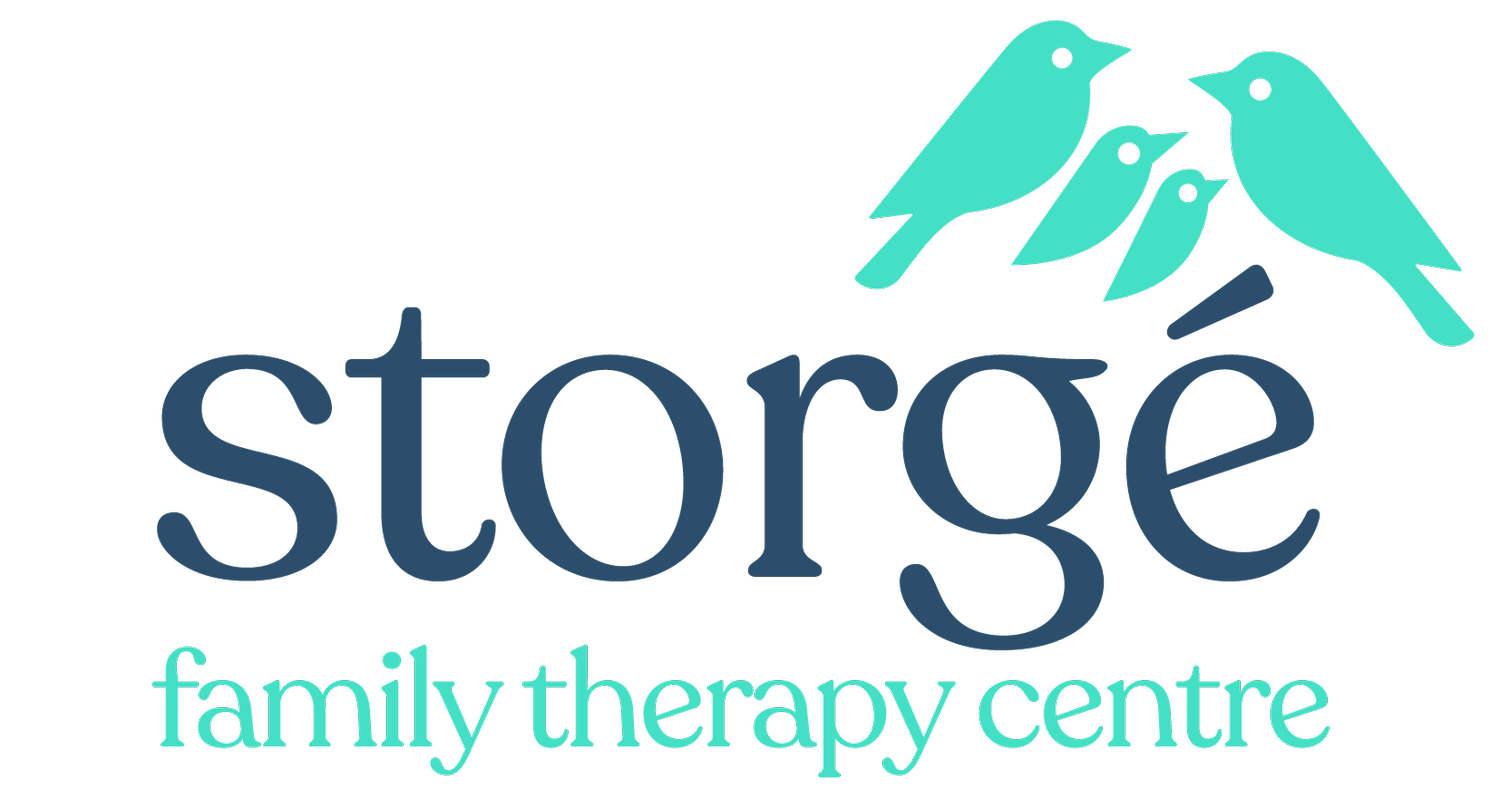-
Family therapy is a type of counseling that focuses on improving communication, resolving conflicts, and strengthening relationships within families. It looks at the family as a system, helping members understand and address dynamics that may be causing challenges.
-
Family therapy can benefit anyone experiencing challenges, including relationship conflicts, parenting struggles, adolescent issues, trauma, grief, or major life transitions. It’s suitable for individuals, couples, parents, siblings, or any family configuration.
-
Sessions typically involve identifying challenges, and exploring solutions in a supportive and non-judgmental environment. Sessions may include all family members or just one person. Sessions may focus on specific subgroups, such as couples, siblings, depending on the issues being addressed.
-
The length of therapy depends on the needs and goals of the family. Some families find resolution in a single session, while others may benefit from longer-term support.
-
Family therapy can help with:
Relationship conflicts
Parenting challenges
Adolescent behavior issues
School refusal
Trauma, anxiety, and depression
Blended family adjustments
Communication breakdowns
Family of origin influences
-
Not necessarily. While it’s helpful to have all relevant members participate, sessions can also focus on specific individuals or subsystems within the family (e.g., parent-child relationships, sibling dynamics).
-
Yes, if you or your family member are participants of the NDIS, family therapy may be covered under relevant support categories. Please contact us to discuss eligibility and support options.
-
Family therapy is unique in its focus on the relationships, patterns, and dynamics within a family system, rather than solely on one individual’s experiences. It takes a holistic approach, viewing the family as an interconnected unit where each member’s actions and emotions influence the others.
Unlike individual therapy, which often centers on personal introspection and growth, family therapy emphasizes how individuals relate to and impact one another. It seeks to uncover and address underlying patterns, improve communication, and foster healthier interactions among family members.
Family therapy isn’t about placing blame or singling anyone out—it’s about working together to create understanding and solutions that benefit everyone. This approach can be especially effective because it recognizes that many personal struggles, such as stress, conflict, or mental health concerns, are deeply intertwined with family dynamics.
If you’ve tried traditional counseling and found it challenging to create lasting change in your relationships, family therapy might be the key to unlocking deeper understanding and connection. It’s a collaborative process where each family member’s voice is valued, and the goal is to build stronger bonds and a more supportive environment for everyone involved.
Whether your family is navigating challenges like conflict, communication issues, or life transitions, or simply looking to strengthen your relationships, family therapy offers a powerful and transformative way to grow together. Give it a try—your family’s well-being is worth it!
-
Family therapy is beneficial if you or your family are experiencing challenges that feel difficult to resolve alone, or if you want to strengthen relationships and improve communication. Contact us for a consultation to explore how therapy might help.
-
Our therapists are fully qualified and hold extensive experience working with individuals, families, adolescents, and children.
-
You can book a session by contacting us directly through our website, email, or phone. We’re happy to answer any questions and guide you through the process.
-
The first session typically involves understanding your individual goals or family goals, discussing concerns, and exploring what has brought you to therapy. It’s an opportunity to create a tailored plan for your needs in a collaborative, supportive space.




